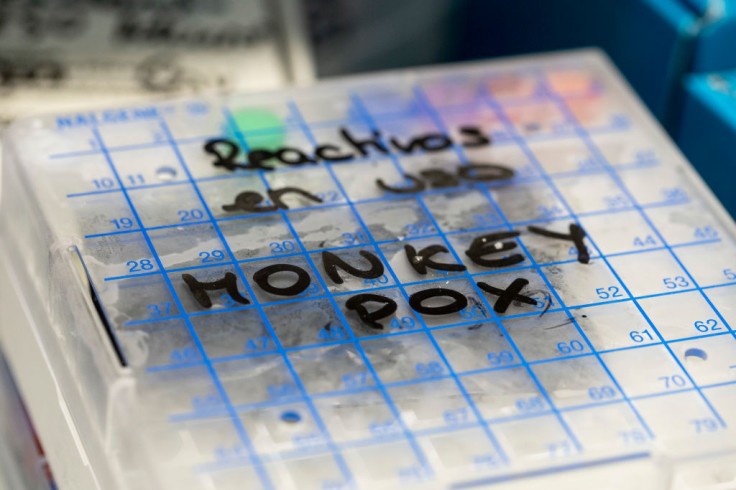
The World Health Organization (WHO) has declared monkeypox a public health emergency of international concern (PHEIC) following the detection of the first two cases of monkeypox in children in the U.S.
The children from California are both under eight years old, but only one is a resident. Investigations are still underway as to where the children got the infection.
According to CNN, the kids have been administered the recommended antiviral medication, tecovirimat or TPOXX, per the U.S. Center for Disease Control and Prevention (CDC). Reports cited that the children have the symptoms but are otherwise in good health.
The Netherlands also revealed its first case of monkeypox in children as well after a ten-year-old, who came from a family vacation in Turkey, tested positive for the virus. The child developed lesions and rashes and has received treatments at the Emma Children's Hospital in Amsterdam. As with the children in California, it's still unclear how the kid contracted the virus.
Experts said parents and the public must be vigilant
Dr. Marceline van Furth in the Netherlands publicized the child's case because they want parents to be aware that "monkeypox can develop in children" alongside pregnant women and other adults, per the journal Eurosurveillance.
Globally, there have been 16,000 cases detected since early 2022, but most of the patients have been gay or bisexual men who got the infection through sexual contact. The experts believe that the cases may have crossed to other populations but have been undetected as tests are low.
The U.S. has the second largest number of cases with 2,500 individuals while Spain has the highest at 3,000. Cases in the Netherlands are at 700, while Turkey has one confirmed case. Transmission of monkeypox is not limited to sexual contact. It can spread through close physical contact or the scabs from the rashes that get stuck in the bedding, towels, or utensils. In rare cases, the transmission may be airborne. Symptoms include fever, fatigue, muscle aches, swollen lymph nodes, headache, and rashes.
Thus, CDC's Dr. Jennifer McQuiston informed CNN that cases of monkeypox in children were not surprising.
"While this outbreak is spreading in a particular social network right now, I think we've messaged from the start that there could be cases that occur outside those networks," McQuiston said, adding that the public should be vigilant and ready to respond as cases may spread to anyone.
Monkeypox as a Public Health Emergency of International Concern
WHO's formal declaration of monkeypox as a PHEIC comes with a four-tiered recommendation for improving and stopping the transmission in communities. The agency wants governments to mobilize, act together and acknowledge that this is just as dangerous as any virus.
With the tools we have right now, we can stop #monkeypox transmission and bring this outbreak under control. It’s essential that all countries work closely with affected communities to adopt measures that protect their health, human rights and dignity.pic.twitter.com/DqyvRtB8w2
— Tedros Adhanom Ghebreyesus (@DrTedros) July 23, 2022
The federal government has distributed over 300,000 monkeypox vaccines in U.S. states and territories as of Friday, July 22. White House COVID-19 response coordinator Dr. Ashish Jha assured Americans that thousands would be vaccinated among the eligible population.
The CDC said about 1.5 million Americans might receive Jynneos, the monkeypox vaccine. Shots are given two times, four weeks apart. In New York, vaccination has started among as many eligible populations as possible even as the second doses are still not shipped out. Per NBC 4 New York, 17,000 have scheduled vaccine appointments from the 16,000 vaccines available.